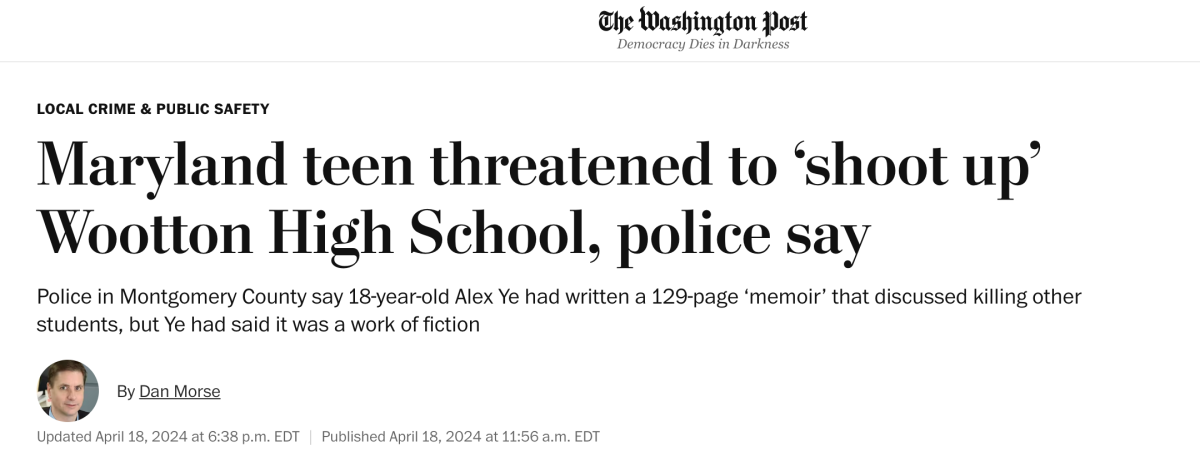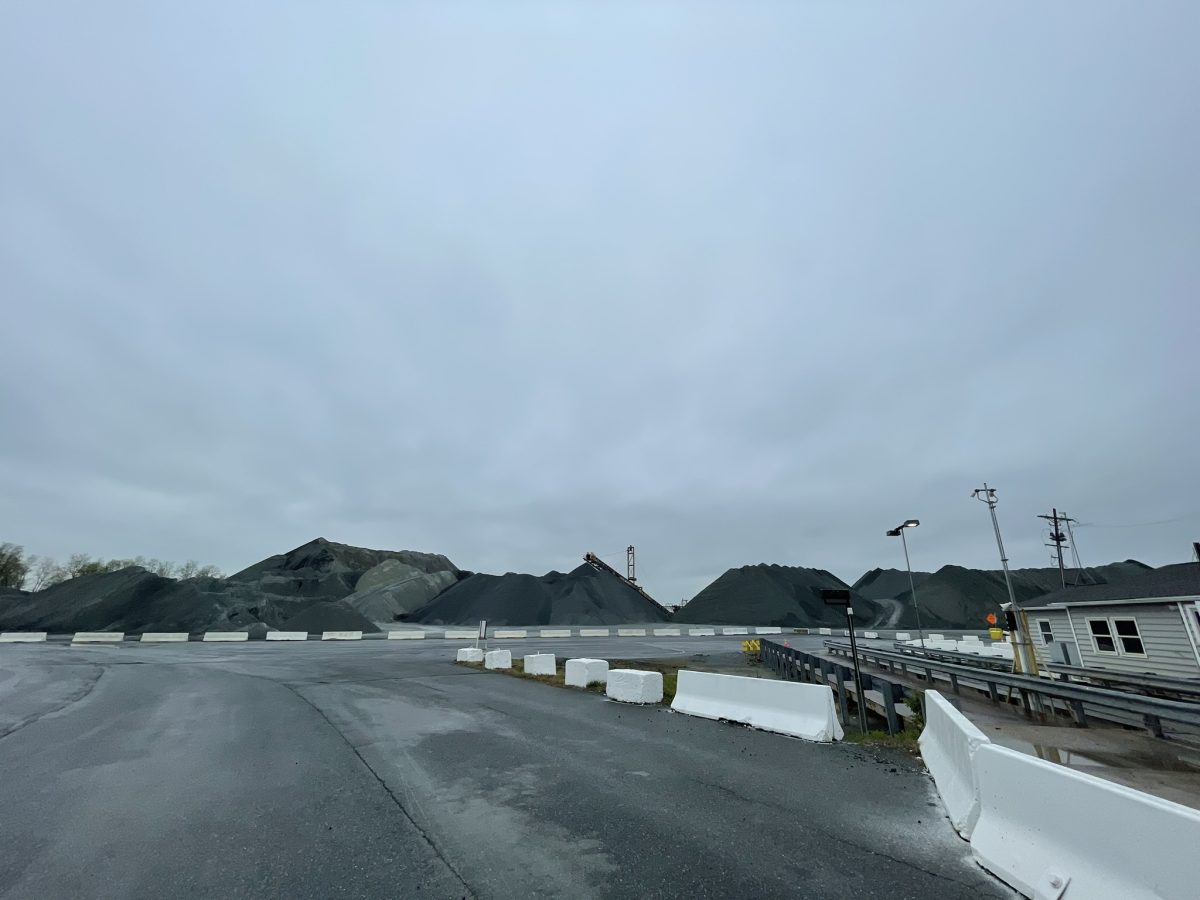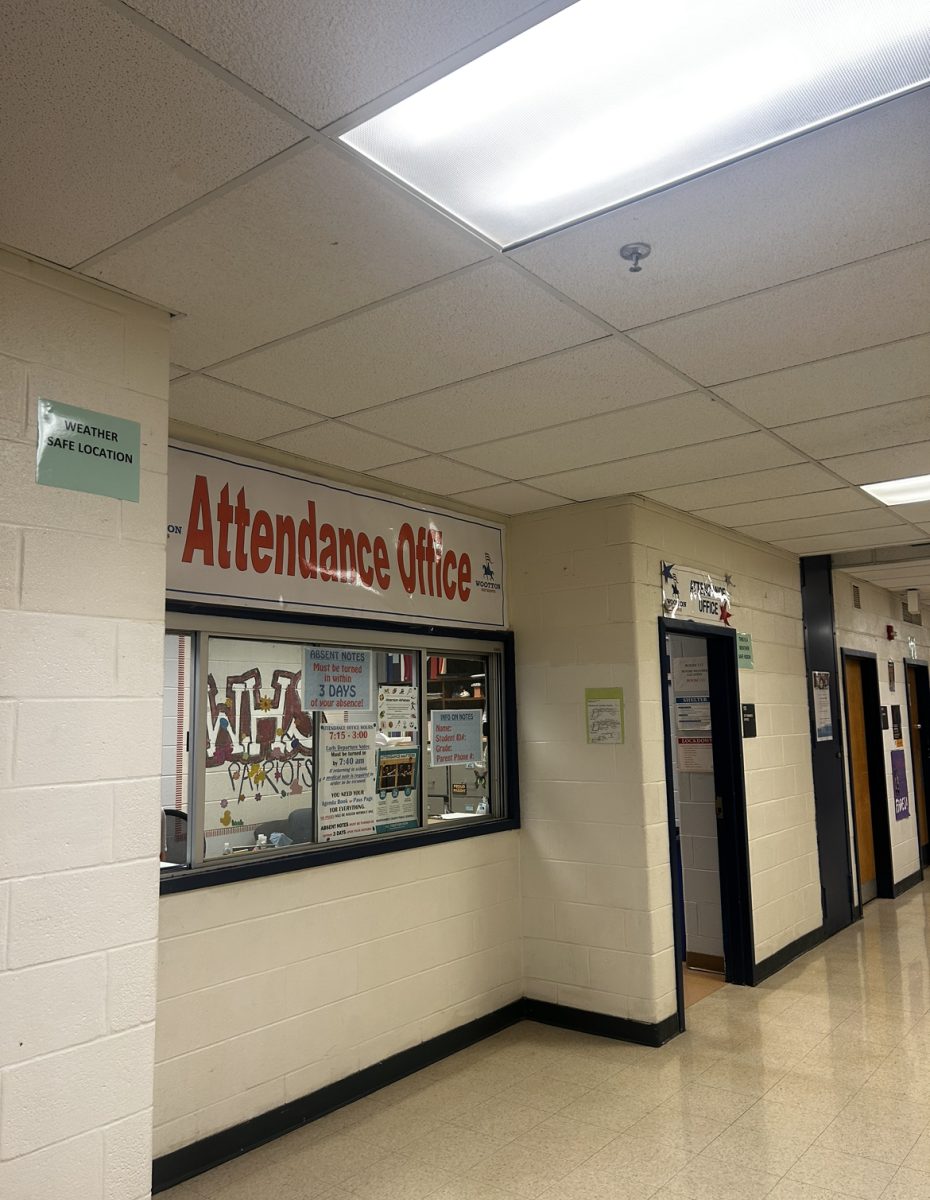
Despite the advancement of international human rights watchdog organizations, there are still human rights violations around the world in countries such as Iran, Israel/Palestine and Russia.
Iran:
Iran, formerly known as Persia, currently under a theocratic Islamic Republic, has faced severe allegations of human rights violation, from censorship and limitations on the freedom of expression and assembly, to allegations of torture and rape of peaceful protestors according to Amnesty International. Iran’s most visible violation of human rights is displayed on the gallows of its judicial system. In the year 2023, more than 800 people were executed by the Islamic Republic, the highest per capita executions in the world. Other cruel punishments by this judiciary system include amputations, such as the amputation of two men on July 27,2022. The men were convicted of theft, and had their fingers amputated by a guillotine machine. The Islamic Republic is also characterized by the detention of political activists, journalists, human rights activists and protestors who have been arrested on the grounds of disturbing national security, drug charges or insulting religious beliefs according to the Human Rights Report by Human Rights Watch(HRW), a New York based NGO. They are often denied lawyers at their closed-door trials and are sentenced to execution or get lengthy prison sentences.
The Islamic Republic’s human rights violations come to light with the “Women, Life, Freedom” movement that began in Iran in September of 2022. After the death of Mahsa Amini, a girl who died in police custody due to her “improper hijab,” protests broke out across the country, not only demanding equality between men and women but also for the overthrow of the Islamic Republic. A large majority of the protestors and the majority of fatalities and casualties consisted of the youth in the country with reports that 93% of protestors were not below the age of 25 according to the Middle East institute, who obtained the data from an ultra-conservative newspaper in Iran named Javan Daily.
During these protests, reports of sexual assault and rape of both male and female protestors have emerged to stain the Islamic Republic’s already dark human rights record. According to a report by Amnesty International, a human-rights watchdog agency, during the Women, Life, Freedom protests, security forces such as the Revolutionary Guard, the paramilitary Basij force, and the Ministry of Intelligence, responsible for maintaining the country’s Islamic Code, raped male and female protestors as part of their crackdown on protests. According to Amnesty International, which obtained testimony from a survivor named Farzad, “Plainclothes agents made us face the walls of the vehicle and gave electric shocks to our legs…They tortured me through beatings … They pulled down my trousers and raped me,” Farzard said.
Security forces’ use of shotguns, rifles, and brutal beatings of protesters during the Women’s Life Freedom movement also has captured the brutal limitations on human rights that have accumulated under this regime. From internet shutdowns and arrests of activists, to reports of torture and assault on peaceful protestors, the Islamic Republic is a major violator of human rights in the world. “After the revolution of 1979, the Islamic Republic, through the oppressive lies of that time, caused the economic and political collapse of Iran from the world,” junior Ehsan Yousefi said.
Israel/Palestine:
Amidst the ongoing conflicts between Hamas and Israel in the Middle East, human rights violations have taken center stage. The Israel-Palestine conflict, marked by the Israeli occupation of the West Bank and the demolition of Palestinian homes, is further exacerbated by Palestinian resistance to Israeli control following the Six-Day War in 1967.
In the context of the Israel-Hamas war, human rights violations against Palestinians have come to light. In its determined effort to defeat Hamas, the Israeli Defense Force (IDF), has engaged in heavy bombardment of densely populated civilian areas in Gaza. This indiscriminate destruction of homes and essential resources has resulted in the deaths of thousands of Palestinian civilians, constituting a blatant violation of the right to life, akin to the Islamic Republic of Iran’s execution of prisoners, according to the Human Rights Report by the HRW.
Adding to the grim situation, Israel’s control and blockade of aid and resources both into and out of the country have exposed Palestinians to the risk of famine and poverty, a crisis already looming before the outbreak of the Israel-Hamas war.
Furthermore, the ongoing demolitions of Palestinian homes in the West Bank and documented abuses against protesters place a considerable strain on Israel’s human rights reputation. Obtaining permits for construction is extremely challenging for Palestinians, leading to housing shortages for the Arab population in the West Bank. Additionally, Israel’s closure of offices belonging to Palestinian civil society organizations constitutes a violation of the freedom of expression and assembly according to the Human Rights Report by HRW.
Student opinions are strong on this subject. “It’s a shame to see what those less fortunate than us have to go through in Palestine,” junior Artin Noori said.
Other students also express the same sentiments. “Thirty thousand and counting are dead. It’s a clear massacre. If you’re silent then you’re complicit with the deaths of the innocent,” senior Zane Ghalib said.
ًRussia:
In the wake of Russia’s invasion of Ukraine on Feb. 24, 2022, the government escalated its suppression of dissent and opposition within its borders. Immediate measures included war censorship laws with harsh penalties for criticism, leading to imprisonments of up to 15 years, according to the Human Rights Report by the HRW.
The crackdown extended to freedom of expression, resulting in the closure of independent media outlets and charges against individuals for spreading “false information.” The “foreign agents” campaign intensified, targeting opposition figures and expanding to include those under “foreign influence.”
Two waves of emigration occurred in 2022, reflecting the oppressive conditions. Russian authorities continued their repressive measures, targeting journalists, bloggers and activists. Public assemblies faced suppression, with Covid-19 used as a pretext. Thousands faced detentions, police brutality and criminal charges for participating in anti-war protests.
Freedom of association suffered as well, with organizations labeled “undesirable,” and activists persecuted for alleged connections. Human rights organizations faced closures and revocations of registrations.
The Russian government through these systematic abuses, unlawful detentions and censorship has become a major violator of human rights.







